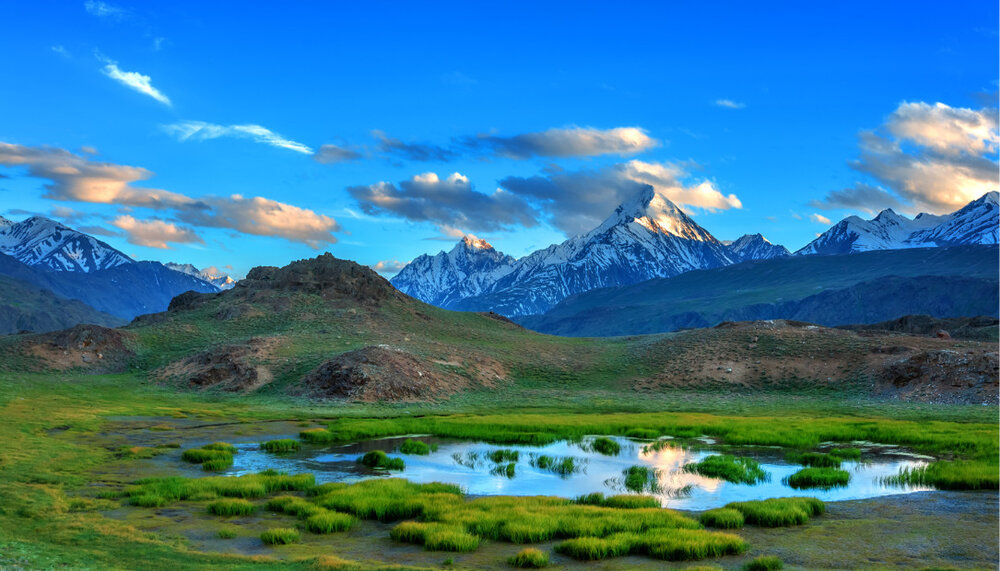Asia-Oceania training workshop focuses on carbon and ecology monitoring in the Himalaya

The 2022 Asia-Oceania Group on Earth Observations (AOGEO) international training workshop on Earth observations for sustainable development in developing countries was held online from 26-28 July 2022. The theme of this year's training workshop was “Earth observations for carbon and ecology monitoring in the Himalayan region".
The workshop was a continuation of efforts under the AOGEO framework to train young scientists on Earth observation technologies. Aiming to contribute to SDG 13: Climate action (carbon monitoring) and SDG 15: Life on land (ecological monitoring) in particular, the workshop covered five areas: methodology of remote sensing technology, carbon monitoring in the atmosphere, carbon monitoring in the forest, water ecology monitoring & flood forecast system, and hydrological cycle monitoring.
This latest workshop expanded AOGEO’s capacity building network to the African and American regions, reaching more than 600 trainees from 40 countries including Pakistan, Nepal, India, Bangladesh, Afghanistan, Nigeria, Algeria, Benin, Egypt, Ethiopia, Madagascar, Rwanda, Sierra Leone, South Africa, Sudan, Tunisia and Ghana.
Over the course of the three days, ten internationally renowned experts and specialists from Japan, Nepal, India and China shared their Earth observation knowledge and skills. Presentations and videos from the sessions are available on the 2022 AOGEO Training Website.
For future workshops, participants proposed increased dialogue with young people as well as the development of and online training platform.
The training workshop was -organized by the National Remote Sensing Center of China (NRSCC), with support from the regional Centre for Capacity Development (RCCD), which was launched by NRSCC, the Aerospace Information Research Institute under Chinese Academy of Sciences (AIRCAS) and the International Centre for Integrated Mountain Development (ICIMOD).